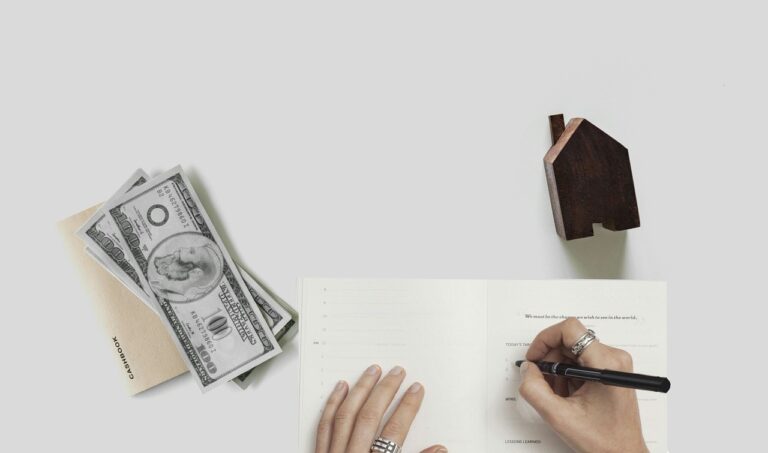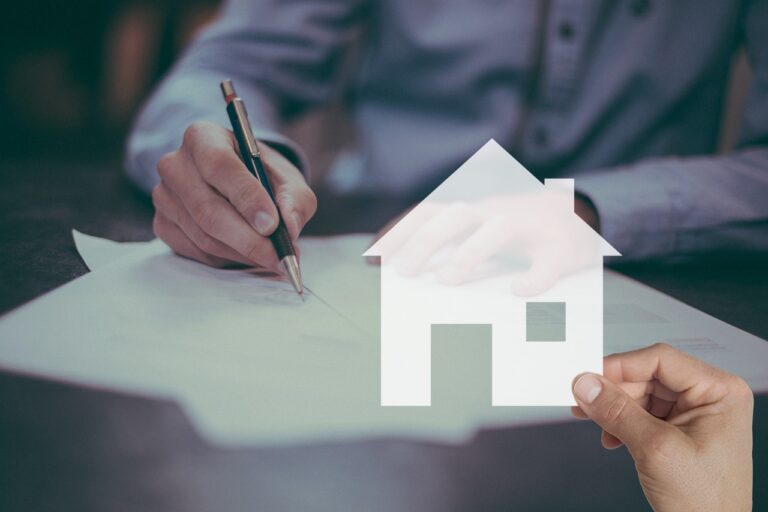House Poor: Definition and Guide To Avoid Becoming House Poor
Are you house rich, or cash poor?
Are you a homeowner that finds it hard to offset your bills?
Does becoming house rich interest you?
These are some of the proven steps on how to avoid being house poor
Let’s start with defining what being house poor means.
A person who is house poor spends a large portion of his income on total ownership.
When you do not budget properly and spend a larger portion of your monthly income on housing expenses, then you are headed towards becoming house poor.
These housing expenses would include mortgage payments and real estate investments.
A homeowner that finds it hard to sort out his bills because of his housing expenses is typically house broke.
If you become house poor after buying a home, you may find it hard to meet up with your basic needs.
Now you know the definition of “house poor”, let’s look at some of the hidden expenses on your mortgage loan that may be making you house poor.
Expenses For Buying A House
Below are some of the costs of buying a house that you need to know
- Down payment
- Closing costs
- Lender fees/Lenders mortgage insurance
- Home Insurance/ Premium Mortgage Insurance (PMI)
- Title Insurance
- Real Estate Appraisal
- Homeowner association
- Utilities
- Property task
- Valuation
- Home inspection fee
- Attorney’s fees
- Origination fee
- Discount points
- Council Tax
- Transfer Tax
What Does It Mean to Be House Poor?
A person who is house poor would find it hard to budget for other household expenses or even put off a sum to savings.
Is being housed poor worth it? ‘No’, when you cannot get the peace of mind you deserve because your home loan is compounding lots of other debts, I don’t think you can be comfortable.
You’d end up grumpy and angry and may regret buying your home.
That’s why we prepared this guide for you.
By trying out some of the strategies we have outlined in this post, you can plan for your long-term goals, save up for retirement, buy a car, take a vacation, and other luxuries.
Don’t get me wrong, I’m not saying that I will teach you how to spend less on your home and overspend on things that do not worth it.
I only mean that even as you are paying off your housing loans, you can still live the life of your dreams with proper planning and budgeting.
Stay curious as we dive right in.
How To Become House Poor
A lot of expenses go into getting the right lender, making down payments, and closing costs for your mortgage. Your monthly mortgage payments can partly account for the problems you may be facing with your funds.
Most people who are house poor are noted to have used up their savings and emergency funds on covering these mortgage payments.
An increase in your property taxes and bills can very much affect your homeownership budget.
In a recent review by ATTOM Data Solutions, a single-family home in the U.S. has an increased average property tax bill between 2019 and 2020.
With the impacts of the Covid-19, these rates have spiked up.
Seriously, adverse times call for adverse measures.
If you take up a home loan under a variable rate mortgage like the adjustable-rate mortgage (ARM), where the interest rate can change at any time, then you are worse suited for becoming hole broke. With the increased interest rate, your mortgage payment might take up more than you have budgeted from your monthly income.
How Can You Avoid Becoming House Poor?
You can avoid becoming house poor by:
Buying The Kind Of House You Can Afford
When you properly research what it will cost to be a homeowner, you would avoid risking a flat bank account.
The kind of house you can afford costs about 2.5 times your annual income.
Calculating this, if your annual income is $100,000, then you can afford a home worth $250,000.
Experts suggest spending 28% of your gross monthly income (your income before taxes and deductions) on expenses for expenses. This means that if your monthly income is $15,000, then your housing expenses should be $4,200.
Coming Up With A Homebuying Budget
When buying or refinancing a home, you need to take into budget your maintenance fees.
This is because when you leave these minute expenses aside, you would be overwhelmed when emergency expenses and bills come knocking on your door.
Just an aside,
A recent survey showed that if you want to live alone then you need to set aside 6× of your monthly expenses. This would include feeding, health care, transportation, electricity bills, gas, gym memberships, subscriptions, payments for credit card funds, student loans, and what have you.
Now back to our guide, when planning for a home loan, take out 1% of your total mortgage amount for maintenance and repairs.
For instance, if you are going for a $200,000 worth of home loan, you can set aside from your budget $2,000 to serve as the maintenance fees of your home for a year.
Trust me, you won’t get overburdened with unexpected charges if you try this.
Learning About How Mortgage Works
You cannot get into homeownership without properly educating yourself on the various expenses you would have to pay in line with your mortgage.
Get to know how much down payment will you need, the monthly mortgage payment you would have to make, and other additional costs.
Set Up An Emergency Fund
An emergency fund with three to six months worth of household and personal expenses can save you from becoming house poor.
Generally, an emergency fund is your immediate call to rescue should in case you lose your job or have other mishaps.
What Should You Do If You Are Already House Poor?
If your high housing expenses and mortgage payments are currently putting you in hard times, here are some things you can do to improve your financial status:
Cut Down On Spending
This is the foremost thing to do if ever you become house poor. Well, you wouldn’t have much of a choice because you can’t afford some things.
Focus on your needs and less on your wants.
Take Out Money From Your Emergency Savings
If you have pending bill payments that you must make then you can resort to your emergency funds.
Bills that may incur harsh consequences like a foreclosure, credit score harm, and vehicle repossession are what you can finance with your emergency funds.
Boost Your Income
You can’t depend on the same stream of income that used to sustain you before you became home poor.
Explore other options, get a part-time job or a side hustle, and where possible ask for a raise at your current workplace.
Refinance Your Mortgage
By lowering your monthly loan payments and interest rates, you can better afford your basic needs and increase your income.
Sell Your House
This is the option of last resort. When all of the other options listed above fail, then and only then should you consider selling your house and going for one with a lesser value. You might even rent an apartment.
How Does Being House Poor Affect Your Credit Score?
Your Debt-To-Income Ratio (DTI) compares the amount you spend on a monthly mortgage and debt payments to your gross monthly income (pre-tax).
Lenders make use of your DTI to determine the loan value you can get and the amount of your mortgage approval.
It is so necessary that you take stringent measures to avoid becoming house poor because you might risk a foreclosure with a lowered credit score.
A low credit score is usually noted by your lender on your credit report if you miss a mortgage payment or make a late payment. By missing four mortgage payments consecutively, you would be up for a foreclosure on your home.
All these would ultimately make it harder for you to get approved for another mortgage, personal loan, or even a credit card.
Read Also: Home Insurance: Why Is It Important To Insure Your Home?
Did we miss anything?
Now I’d like to hear from you
Which strategy from this guide are you going to try first?
Or maybe we didn’t mention one of your favorite mortgage budgeting tips.
Either way, let me know by leaving a comment below right away





